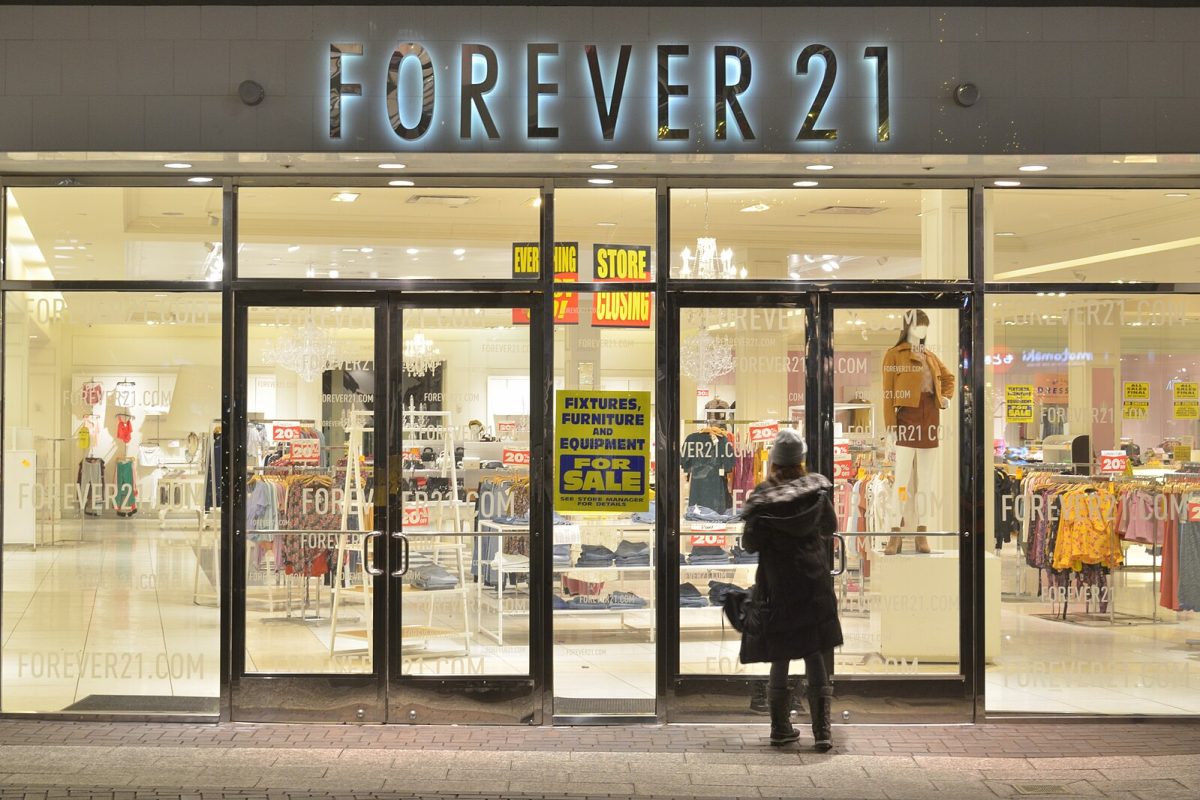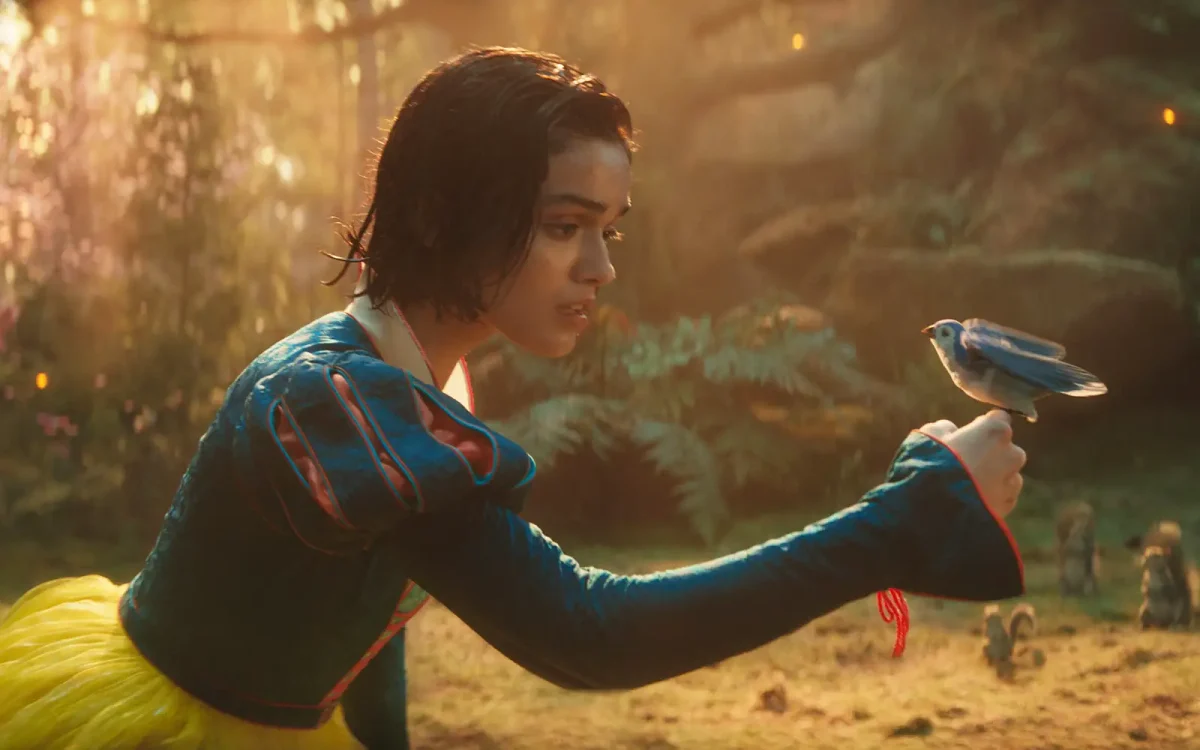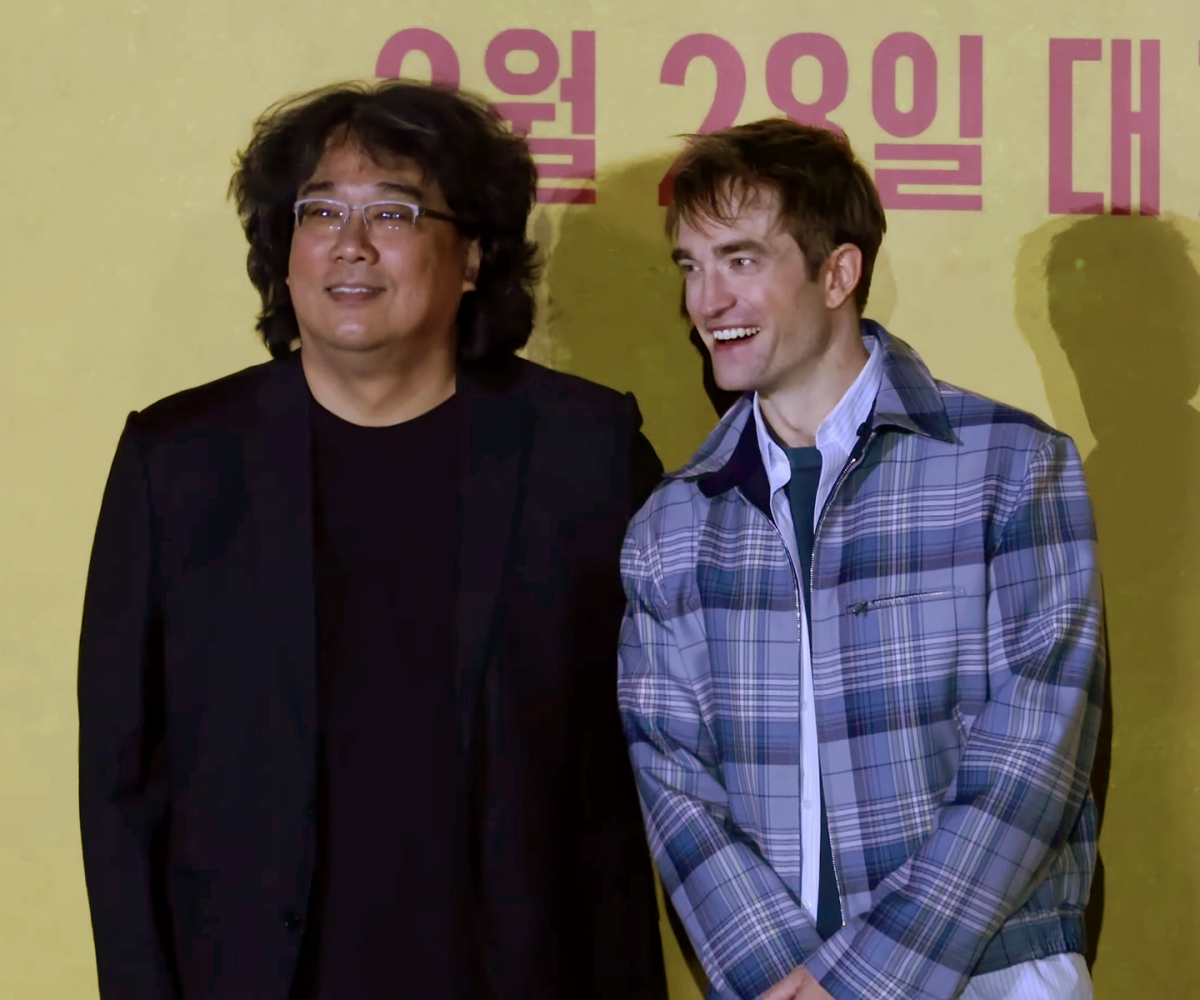In the evolving world of lifestyle choices and beauty standards, Generation Z finds itself at a unique crossroads, now confronting age-related anxieties amidst social media influences. Among trends on various social media platforms, there seems to be an increased desire to maintain a youthful appearance with the certainty of the aging process.
Currently, the media portrays a contrast that unfolds different perspectives. On one side, teenagers are embracing anti-aging serums, while on the other, supermodels in their 50s grace magazine covers presented with uncanny smoothness. Last summer, an A.I. filter that added wrinkles to the user’s face was popular, as influencers and avid social media users experimented with their perceptions of aging.
Recently, a wave of distress has swept over current youth, who have fallen for the notion that they’re “aging like milk.” However, the media’s new preoccupation with aging has sparked questions about its roots.
Blame on Gen Z’s perceived aging comes from various factors, from vaping and makeup to cancel culture and karma. Some even argue that the very anti-aging products and procedures implemented into the routines of many might paradoxically contribute to their older appearance. However, a different perspective emerges when considering the impact of social media and the era of digital enhancements on a generation raised in the centuries of highly curated images.
Social media has become a powerful lens through which Gen Z views themselves and the aging process. Content creators, like Ms. Donoghue, reveal the ease of comparing their current selves with younger versions cataloged on Instagram. The phenomenon isn’t just about external comparisons, but about scrolling back in time and encountering past selves, often evoking sentiments of the realization that time moves swiftly.
The era of easy, digital accessibility of most information has not only pressured young people to present idealized versions of themselves but also provided them with tools to change their appearances at a second. The desire to get older is constantly overshadowed by societal pressures to appear perpetually younger, creating a scenario where individuals are expected to maintain a youthful facade well into their 40s.
This societal expectation is also pressured through the beauty and cosmetics industries, targeting an increasingly younger demographic. “Baby Botox” and “prejuvenation” procedures, once associated more with older audiences, are now gaining popularity among those in their 20s and 30s. Skincare companies, such as Bubble Skincare, actively engage with 13 and 14-year-old youth ambassadors, reflecting the industry’s pursuit of younger customers.
Sari Botton, editor of Oldster Magazine, suggests that this sensitivity might be more about Gen Z’s anxiety regarding the next phase of adulthood. The quarter-life crisis, probably because of significant life choices and adult responsibilities, seems to be intertwined with their fear of aging.
Additionally, in this day and age, where exposure to makeup at a young age is perceived as inevitable, even younger individuals are exposed to an extreme amount of skincare knowledge. Dr. Sonya Cook, a board-certified dermatologist, delves into how this newfound awareness, as well as influential role models who talk about skincare routines online, fuels a desire among Generation Alpha to experience with these products, even if they may not necessarily need them.
In a world where Gen Z, and even Gen Alpha, are processing insecure, anxious feelings of aging, they are doing so with audiences of millions. This digital shift not only reflects the evolution of beauty standards but also reveals the profound impact of social media in shaping attitudes toward aging and looks.







